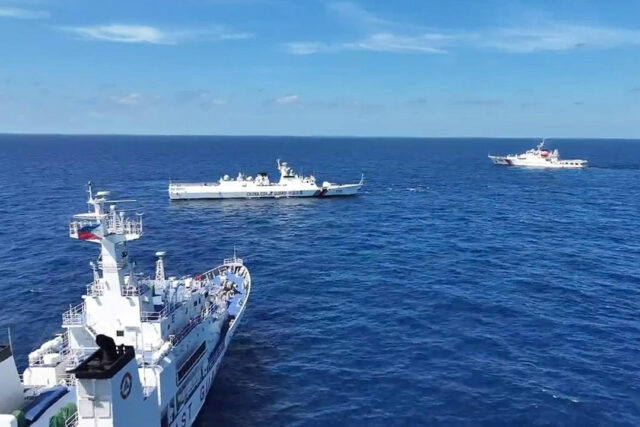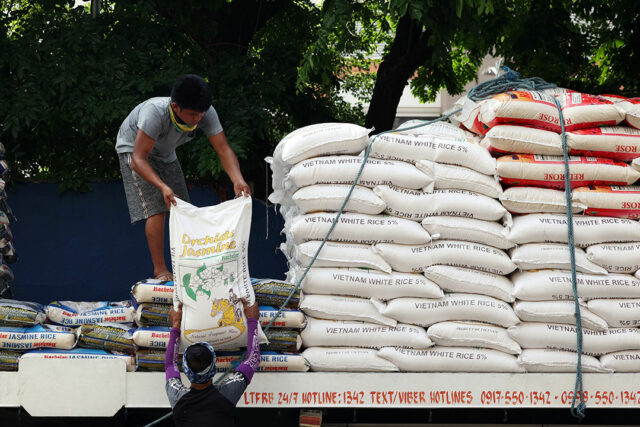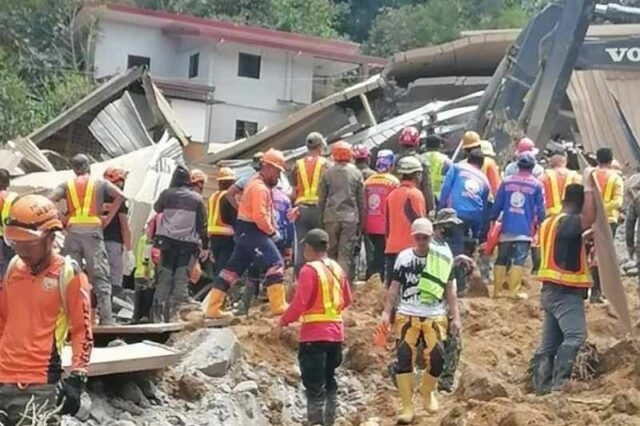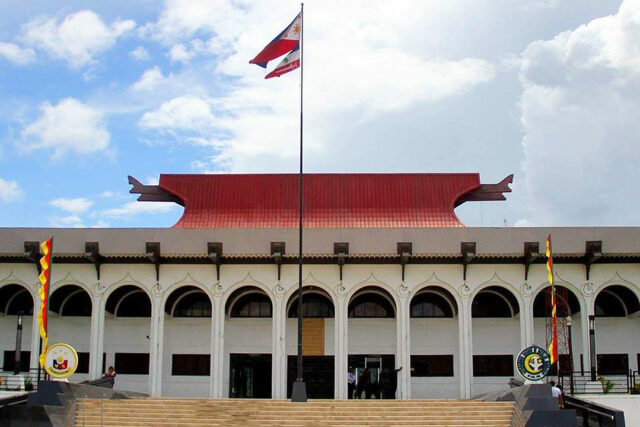Meralco says ready to issue refunds for Malampaya gas price increase
MANILA Electric Co. (Meralco) said on Tuesday it is ready to issue refunds to consumers for costs incurred from the electricity sourced from the Malampaya gas field through the generating assets of First Gen Corp.
“We are ready to implement a refund in generation charges corresponding to the increase in the Malampaya gas price of First Gas plants for the January supply month,” Jose Ronald V. Valles, Meralco’s first vice-president and head of its regulatory management, said in a statement.
“As these are [pass-through costs], we will also not be in a position to pay the equivalent cost to First Gas,” he added.
Meralco issued the statement after receiving guidance from the Energy Regulatory Commission (ERC), which urged the power distributor to complete validation to justify the rate adjustment.
This is line with the new gas sale and purchase agreement between the Malampaya consortium and the First Gen Corp., which operates First Gas Power Corp. (FGPC).
“While Meralco admits that a validation of the impact of the use of LNG (liquefied natural gas) and the new gas supply contracts is necessary in light of the terms of its power purchase agreements (PPAs), up to this date, the ERC has not been provided with the results of Meralco’s validation,” the commission said.
ERC Chairperson Monalisa C. Dimalanta said the commission is “constrained from giving any clearance for the recovery of such costs if Meralco itself has not completed its validation or provided the results of such validation to the Commission.”
“Pending Meralco’s validation of the basis of such charges, passing on of such costs to the consumers may be premature,” she added.
For the February electricity billing, Meralco announced an increase in power rates of P0.5738 per kilowatt-hour, attributing it to higher generation charges from power supply agreements and independent power producers (IPPs).
The power distributor said that the increase in IPP charges was due to higher fuel costs at the Sta. Rita and San Lorenzo power plants operated by FGPC.
It also said that these higher costs stemmed from the use of imported LNG, which was around 35-40% more expensive than Malampaya gas.
Mr. Valles said that Meralco has “just received the reply” from the ERC chairperson to its “various letters” on Tuesday.
For the LNG component of the fuel costs, Mr. Valles said that it will file an appropriate pleading with the ERC for confirmation of the pass-through of the costs.
“We emphasize that the use of LNG for commissioning is important to ensure that First Gas plants will continue to operate and supply power to Meralco at the least cost, in light of anticipated expiration of the Gas Supply Agreements between First Gas and the Malampaya consortium,” he said.
The ERC has reminded distribution utilities to validate pass-through costs. Ms. Dimalanta said that the DUs “duty does not end when electric power is supplied, and the charges have been collected.”
Meralco’s controlling stakeholder, Beacon Electric Asset Holdings, Inc., is partly owned by PLDT Inc.
Hastings Holdings, Inc., a unit of PLDT Beneficial Trust Fund subsidiary MediaQuest Holdings, Inc., has an interest in BusinessWorld through the Philippine Star Group, which it controls. — Sheldeen Joy Talavera















